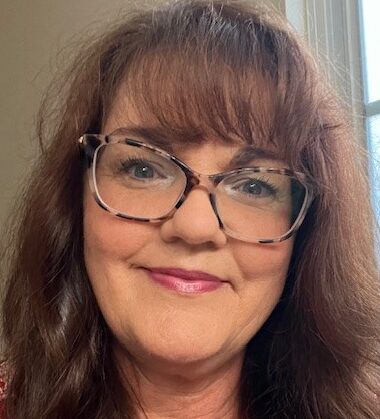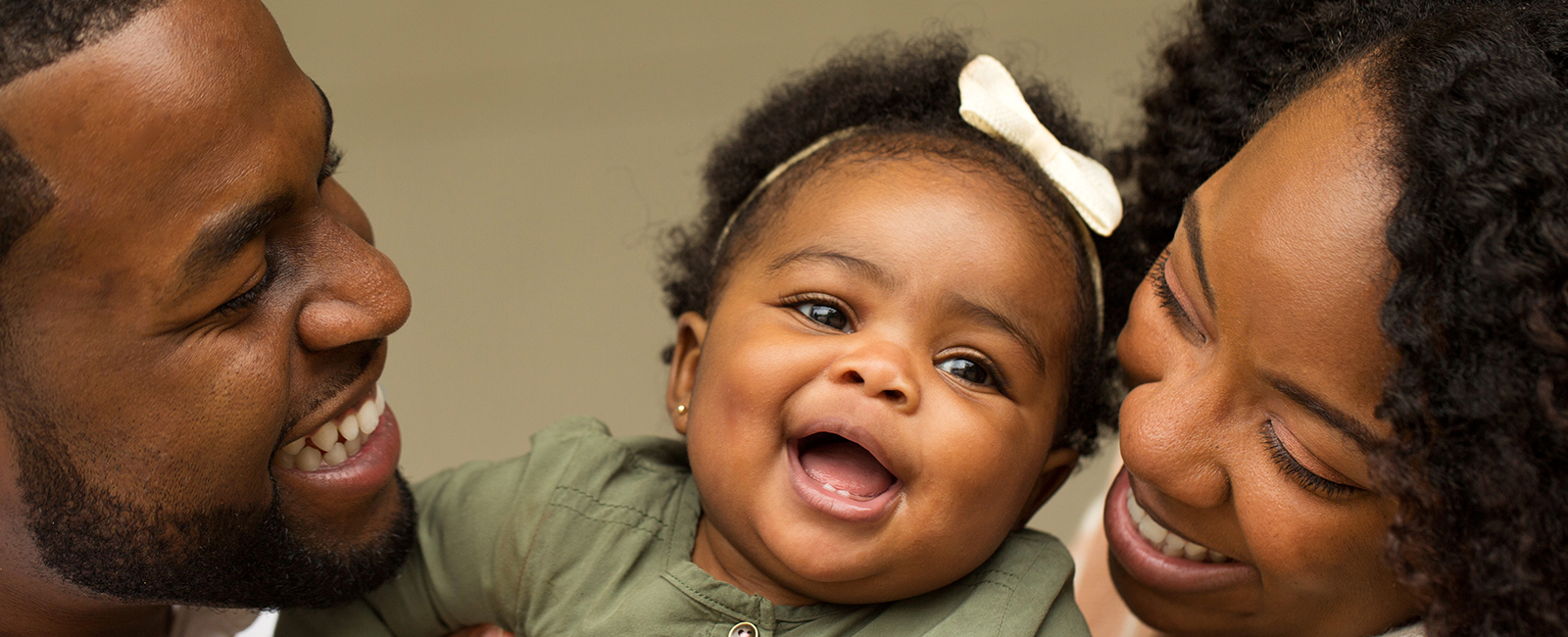Is social work a good career path for you? In honor of National Professional Social Work Month (March), we had an amazing opportunity to speak with a member of the Northern Virginia Family Services (NVFS) staff who recently earned her master’s degree in social work. During our discussion, she told us about what led her to social work, the vast opportunities available to those who might want to get into the field, what it takes to be a good candidate, and why social work is so important
Introducing Tanya
 Tanya Bittenbender recently took over as the Program Manager for NVFS’s Healthy Families programs in Prince William and Loudoun counties. She has had a long and successful career in administrative, management, and executive positions working with nonprofits, but she wanted to be able to engage with clients clinically and directly.
Tanya Bittenbender recently took over as the Program Manager for NVFS’s Healthy Families programs in Prince William and Loudoun counties. She has had a long and successful career in administrative, management, and executive positions working with nonprofits, but she wanted to be able to engage with clients clinically and directly.
“I have worked in nonprofit for a long time, in a lot of different capacities,” says Bittenbender. “But my long-term goal was really to get my licensure and be able to work with people in a clinical capacity. Some people go into social work, they do the macro (large scale, overall) thing, and want to get into policy. That’s the beautiful thing about social work; you can go in a lot of different directions with it. That’s ultimately why I chose the Master of Social Work program. But I specifically decided to go the clinical route, not the policy route, to get that experience, working directly with people. And, as I like to say, ‘helping the human.’”
Social Work As A Career
Bittenbender believes a lot of people may have a misconception of what social work entails, primarily because of what they see on television. In crime shows where a parent or guardian is being hauled off by the police, there’s a social worker there to take the children into protective custody. And while that is one potential aspect of social work, there are a lot of other opportunities and avenues to pursue.
“There is a depth and breadth of the profession, with micro (focused), meso (intermediate), and macro (broad) levels to social work,” she says. “There’s so much diversity in the profession it’s not that one thing. It is child welfare, and it is working with the homeless, but there are so many different directions that you can come at it from. So, I think it’s much broader than people realize. There’s a lot of variety in the directions you can go.”
The Right Stuff
 If you have been thinking of getting into social work and wonder what it takes to be effective at helping others, Bittenbender suggests that it’s a great field for people who are open, empathetic, and have an understanding of the human experience, which, as described by sogolytics.com, “…encompasses the entirety of an individual’s interactions, emotions, perceptions, and thought throughout their life journey. It is the subjective lens through which we perceive and interpret the world around us.”
If you have been thinking of getting into social work and wonder what it takes to be effective at helping others, Bittenbender suggests that it’s a great field for people who are open, empathetic, and have an understanding of the human experience, which, as described by sogolytics.com, “…encompasses the entirety of an individual’s interactions, emotions, perceptions, and thought throughout their life journey. It is the subjective lens through which we perceive and interpret the world around us.”
Having been through several distressing life experiences herself, many of which were lumped together in a very short amount of time, Bittenbender believes many people are drawn to social work because they have experienced their own trauma or difficult experiences, received assistance, and now they want to be able to “return the favor” by giving back to others. She’s also a firm believer that becoming a social worker is a timeless endeavor.
“Coming at this at a later stage of life, I felt it was going to hurt me [to become a social worker] but it actually helped me because I have so many years of experience,” she explains. “I think that’s a beautiful thing about social work, where people have had these other lives or other careers. Because social work is human-centered, it’s about life experience, sharing that experience, and understanding and connecting with others through that.”
Getting Involved
For those interested in getting into social work, Bittenbender suggests speaking with people who are already in the field to get a feel for what they do and what opportunities are available.
“Talking to different people who are social workers will provide you with a sense of what they do, the different opportunities that exist, and the offshoots of social work that are out there,” she says. “The beauty of social work, that crux of it for me, is that it’s adaptable, it’s flexible, the roots of it that layout in the community, and the directions people can go as practitioners. You might start out in one place, but there are so many other places you can go.”
However, Bittenbender suggests that those who want to get involved do not necessarily need to be a social worker to make an impact. NVFS uses volunteers in a wide range of capacities, from people preparing and serving meals at homeless shelters, to consultant-level capacities across the organization. They are also open to in-kind donations, and they have a multitude of intern opportunities.
The Rewards
 What Bittenbender loves most about being a social worker, and what she is hoping that others will embrace, is the honor to walk alongside people in times of trouble and bear witness to their experience.
What Bittenbender loves most about being a social worker, and what she is hoping that others will embrace, is the honor to walk alongside people in times of trouble and bear witness to their experience.
“I can’t necessarily change what they are going through. I can’t necessarily make it better. But I can figure out how to help in some way, to lessen the load a little bit. At the end of the day, I think a lot of us are dealing with difficulties, and we just want someone to walk along with us and understand what we are going through. I get to do that, and I think that is the honor of this job.”
Taking Action
For those who wish to provide ground-level support, please visit the Get Involved page on the NVFS website. For others who wish to provide assistance in other ways, please visit our Support NVFS page.


